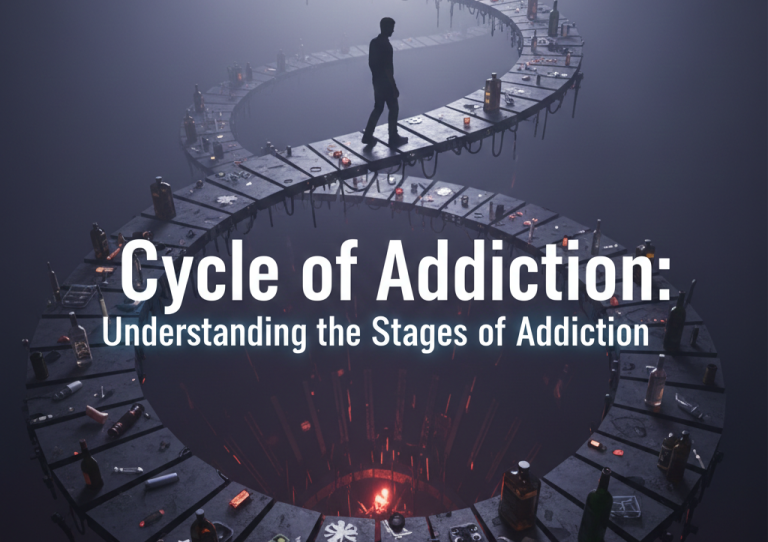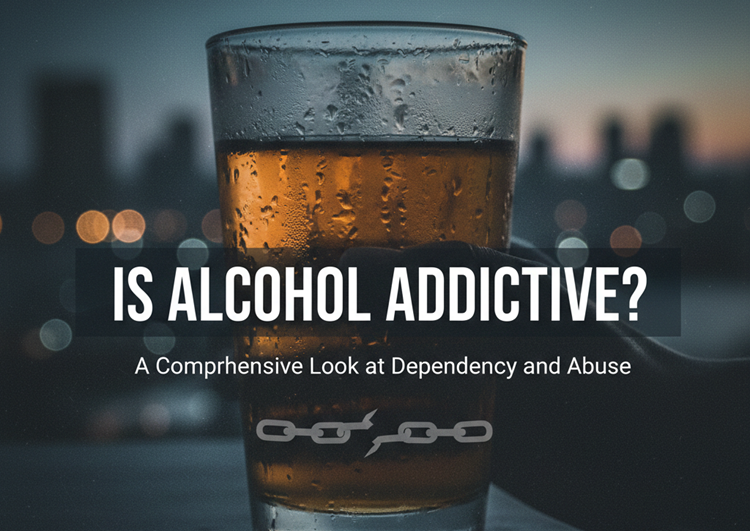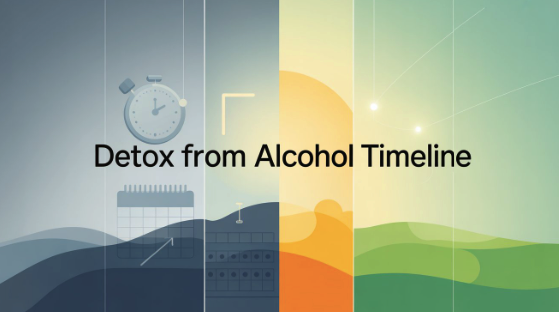People who abuse substances face deep effects in every part of their lives which harm both their physical state and mental state and their relationships, alongside work and general health. The positive fact about addiction recovery is that different healing approaches exist to help patients rebuild their lives. Substance abuse recovery access becomes most convenient when patients choose outpatient treatment. Learning about outpatient programs is the first necessary step for achieving lasting recovery when searching for treatment individually or for someone you care about.
This extensive guide explains the fundamentals of outpatient substance abuse recovery services while covering diverse settings of treatment and the procedure to find an appropriate program.
Understanding Substance Abuse
The harmful or hazardous usage of psychoactive substances such as alcohol and illicit drugs makes up the condition recognized as Substance Use Disorder or SUD. People typically develop addiction over time which is a brain disease affecting the reward system while weakening self-control despite harmful results.
Common signs of substance abuse include:
- Loss of control over substance use
- Neglecting responsibilities at work, school, or home
- Risky behavior while under the influence
- Increased tolerance and withdrawal symptoms
- Social isolation and relationship issues
Professional assistance is mandatory if you notice such symptoms in yourself or a loved one. The problem of substance abuse needs professional treatment along with continuous follow-up care to overcome.
Types of Substance Abuse Treatment
A single treatment method does not exist to address addiction since different cases require individualized approaches. The appropriate treatment approach depends on the combination of addiction intensity and chosen medical and healthcare situations and personal circumstances. The two fundamental approaches for substance abuse treatment include inpatient care and outpatient services.
Inpatient Treatment (Residential)
The medical center admission model requires patients to reside in their facility full-time. The most intense addiction recovery services match specific conditions where people struggle with extreme addiction or have mental health concerns with additional residence needs. Every program runs between 30 to 90 days while providing round-the-clock medical and emotional support.
Outpatient Substance Abuse Treatment
Outpatient substance abuse treatment provides patients with home-based recovery therapy despite living in their own residence. The programs work well for substance abuse patients whose drug use levels range from mild to moderate and who maintain stable living conditions and supportive networks.
Outpatient programs include:
Standard Outpatient Programs (OP)
People receive individual counseling alongside relapse prevention and educational lessons through these programs, which run at most once or twice per week.
Intensive Outpatient Programs (IOP)
Standard outpatient programs receive upgraded substance abuse treatment through intensive treatment settings. The therapy sessions at IOPs take place multiple times per week for durations of three to four hours each period. IOPs help two categories of clients: former residential treatment attendees and people who require dedicated care along with remaining active in their duties.
Partial Hospitalization Programs (PHP)
The PHP programs provide the top level of outpatient treatment which demands daily sessions spanning 4–6 hours. PHPs enable individuals to access strong clinical supervision as they continue to spend nights at home.
Benefits of Outpatient Substance Abuse Treatment
Outpatient recovery has gained wide popularity among people seeking recovery because it provides diverse beneficial features.
1. Flexibility and Convenience
Substance abuse outpatient treatment stands out because it gives its clients scheduling convenience. Clients can access treatment sessions throughout daytime and evening hours so they can maintain their commitments to work, school, or family obligations.
2. Lower Cost
Substance abuse treatment at outpatient facilities costs less than residential rehab programs thus making available services for uninsured patients whose financial resources are limited.
3. Support in Real-Life Situations
Openness to the home environment enables outpatient clients to practice coping methods directly. The exposure to real-life triggers helps patients develop stronger relapse prevention abilities as well as improve their ability to resist challenges.
4. Continued Family and Social Support
Outpatient recovery enables clients to maintain relationships with their support network making their recovery process more emotionally stable and motivated.
5. Step-Down Option from Inpatient Rehab
Intensive outpatient substance abuse treatment functions as an outpatient program that follows inpatient rehab for patients to access structured care during their return to regular activities.

Choosing the Right Substance Abuse Treatment
Multiple elements determine the selection of appropriate treatment, including:
- Severe addiction levels often require patients to enroll in hospital programs or structured intensive outpatient treatment programs.
- People who have co-occurring disorders succeed best in receiving treatment that combines medical services for mental health and addiction.
- The availability of a supportive living space will make outpatient recovery programs more accessible to patients.
- The inability to take time off due to work and family duties makes people select flexible outpatient treatment options.
Here’s what to consider when choosing outpatient substance abuse treatment centers:
1. Accreditation and Licensing
Your selection of a treatment facility should focus on accredited centers that use addiction specialists with proper professional licenses.
2. Personalized Treatment Plans
Excellent programs develop unique care plans that consider specific requirements of clients, including their mental health, alongside trauma experiences and personal recovery objectives.
3. Evidence-Based Therapies
Look for programs that utilize proven treatment modalities such as:
- Cognitive Behavioral Therapy (CBT)
- Dialectical Behavior Therapy (DBT)
- Motivational Interviewing (MI)
- 12-Step Facilitation
4. Aftercare and Relapse Prevention
After completion of treatment programs, recovery operations continue indefinitely. Success in recovery requires continuous support, which includes alumni programs and sober living options and relapse prevention planning.
5. Location and Accessibility
The use of Orlando Treatment Solutions as a local facility enables patients to minimize transportation issues while allowing family members to actively participate in the recovery journey.
Why Choose Orlando Treatment Solutions?
We at Orlando Treatment Solutions practice healing processes through individualized therapies that come alongside compassion. The outpatient substance abuse treatment structure at Orlando Treatment Solutions creates flexible evidence-based therapy to adapt with your life and not force you to adapt to therapy.

Our team will help you through your substance abuse healing process whether you prefer regular outpatient care or an intensive outpatient program. The treatment center employs professionals who maintain an active license to deliver their services.
- Individual and group therapy
- Family counseling and education
- Dual diagnosis treatment
- Holistic therapies such as mindfulness, art, and fitness
- Relapse prevention and aftercare planning
Start your path towards recovery, call us at (321) 415-3213 today.



























